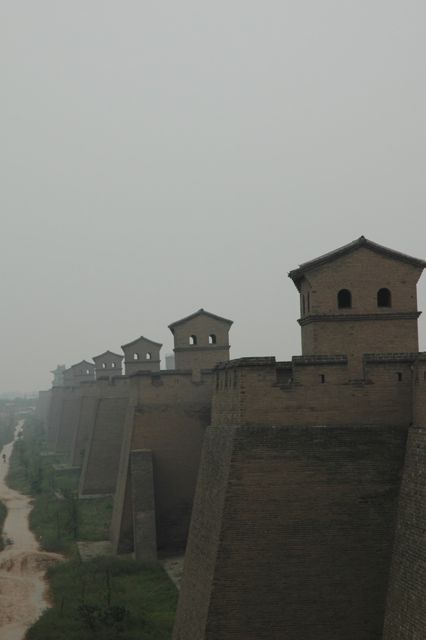Tom Friedman, one of my least favorite columnists, has a worthy enough (if typically simplistic) column today about the need for China to embrace political change. It all boils down to economics. The country simply can’t prosper until it’s instituted meaningful political reform.
Can China continue to prosper, while censoring the Internet, controlling its news media and insisting on a monopoly of political power by the Chinese Communist Party?
I don’t think so. To be sure, China has thrived up to now — impressively — by permitting its people only economic liberty. This may have been the sole way to quickly take a vast country of 1.3 billion people from massive poverty to much-improved standards of living, basic education for all, modernized infrastructure and even riches for some urbanites.
But the Nobel committee did China a favor in sending the tacit message with its peace prize: Don’t get too cocky and think that you have rewritten the laws of gravity. The “Beijing Consensus,” of economic liberty without political liberty, may have been a great strategy for takeoff, but it won’t get you to the next level. So this might actually be a good time for Beijing to engage peaceful democracy advocates like Liu [Xiaobo], who is now serving an 11-year sentence, or the 23 retired Chinese Communist Party officials who last week published an open letter challenging the government to improve speech and press freedoms.
As China ages, Friedman contends, it has to move from low-wage manufacturing jobs to more “knowledge- and service-based jobs.” Has to. So you have the usual conflict: a government that wants to control everything and shape its people’s thinking, countered by market forces – China’s growth can only go so far without a problem-solving, innovative workforce.
Dovetailing with this column today is this new piece by my friend and fellow blogger Paul Denlinger on why Wen Jiaobao is thinking along the same lines, and why he will push for more political reform. Denlinger argues that you can’t balance so much social change with so little political change. I’ll just snip two of his seven reasons as to why this is so.
4. China’s president, Hu Jintao, is obsessed with social harmony and stability as his legacy, but Wen thinks that this is a pipe dream. Wen thinks that social change is happening faster than the party, government leadership understand.
5. Wen feels that the current leadership continues to think that economic growth is the answer to China’s problems when past growth rates are no longer possible.
This topic seems to be taking on a life of its own. I think that Liu Xiaobo’s winning the Nobel Peace Prize will continue to fan the flames, and that those who said Oslo’s choice would have no ramifications in China are dead wrong. China’s fate depends on more liberty. Wen knows it, Liu knows it, I know it. Manufacturing can’t and won’t soar forever. What’s next? China has to prepare for the inevitable.


Comments